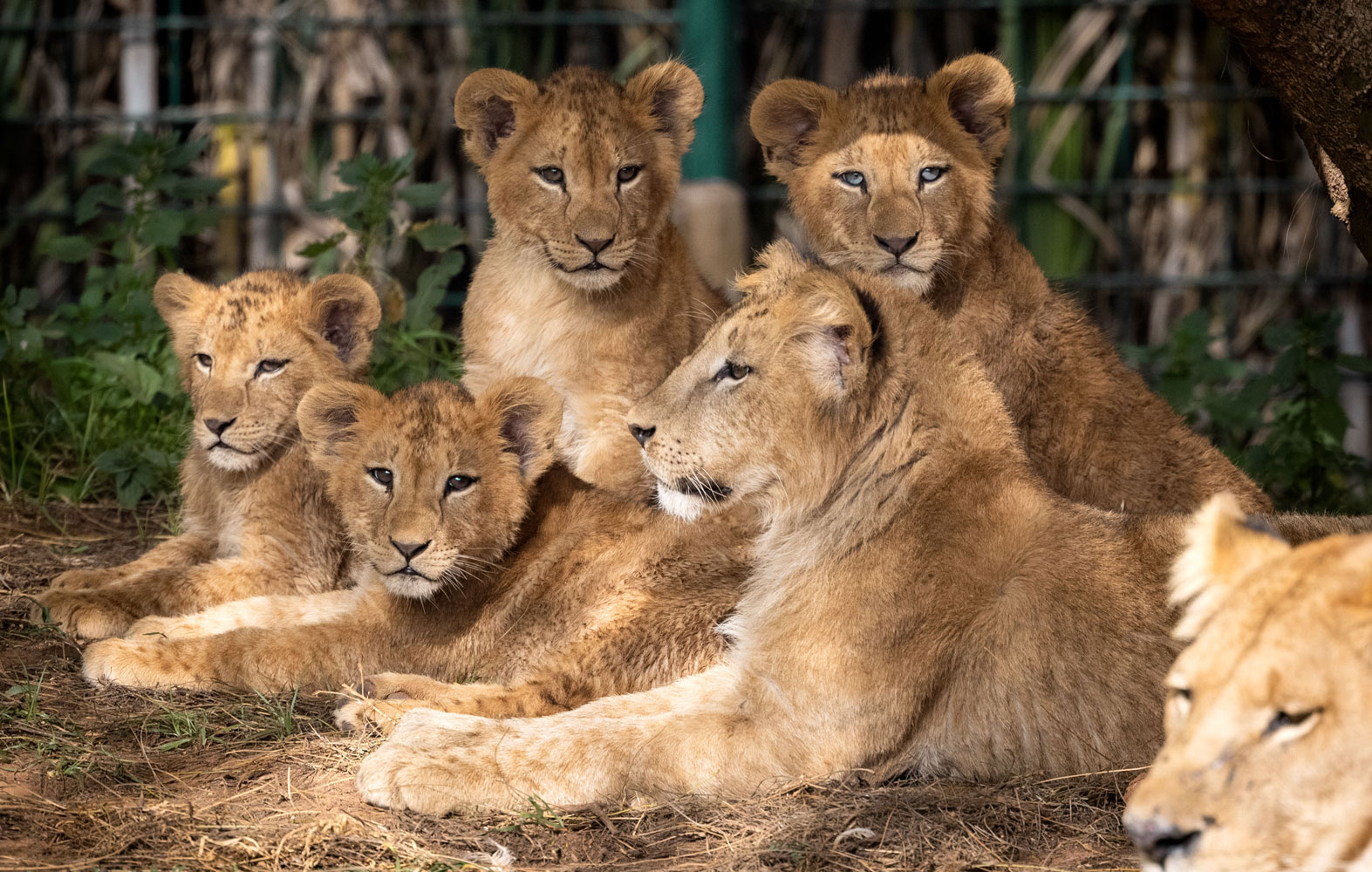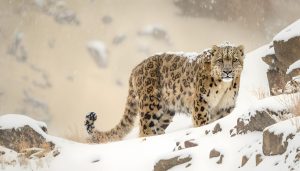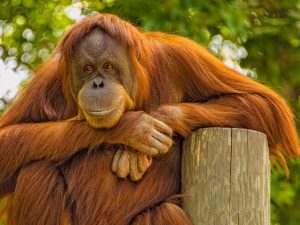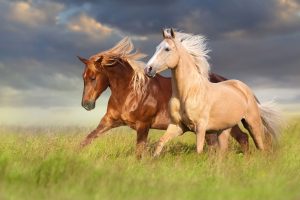
20 interesting facts about a Lion
- 👁️ 1205
The lion is one of the most iconic and recognizable animals on the planet, known for its strength, power, and regal appearance. As the king of the jungle, the lion holds a special place in human culture and mythology. In this article, we will explore some of the most interesting and important facts about lions.
- Lions are members of the cat family, along with tigers, leopards, and jaguars.
- Lions are the second-largest living cat species, after tigers, with males weighing up to 550 pounds (250 kg).
- Lions have distinctive manes, which are longer and darker on males and serve as a symbol of their strength and dominance.
- Lions are social animals, living in groups called prides, which typically consist of related females and their offspring, as well as a coalition of male lions.
- Female lions do most of the hunting, working together to take down prey, while male lions defend the pride’s territory.
- Lions are apex predators, meaning they sit at the top of the food chain, and they have no natural predators.
- Lions are native to Africa, and they are found in a variety of habitats, including savannas, grasslands, and woodlands.
- Lions have been hunted for sport and as a source of trophy, leading to declines in populations and a decline in range.
- Lions are listed as vulnerable by the IUCN Red List, with estimates of 20,000 lions remaining in the wild.
- Lions have been kept in captivity for thousands of years, and they are popular attractions in zoos and circuses.
- Lions are powerful and athletic animals, capable of running at speeds of up to 50 miles (80 km) per hour.
- Lions have sharp teeth and powerful jaws, which they use to kill and tear apart their prey.
- Lions are also known for their roar, which can be heard up to five miles (eight km) away.
- Lions have been featured in art, literature, and mythology for thousands of years, and they are often associated with strength and courage.
- Lions have been the national symbol of many countries, including Great Britain and Belgium.
- Lions are important to their ecosystem, playing a role in controlling populations of herbivores and maintaining the balance of their habitats.
- Lions play a significant role in the cultural traditions of many African communities, and they are often seen as important totems and protectors.
- Lion populations have been affected by habitat loss, hunting, and human-wildlife conflict, and conservation efforts are underway to protect these magnificent animals.
- Lions have been the subject of extensive scientific research, providing valuable insights into the biology, behavior, and evolution of these fascinating animals.
- Despite their declining populations, lions continue to capture the imagination of people all over the world, inspiring awe and admiration for their strength and beauty.
Lions are fascinating and important animals, with a rich history, unique biology, and cultural significance. Understanding the facts about lions is important for appreciating the complexity and majesty of these powerful predators, as well as for taking action to protect them and their habitats. By working together, we can ensure that lions continue to thrive in the wild for generations to come.











